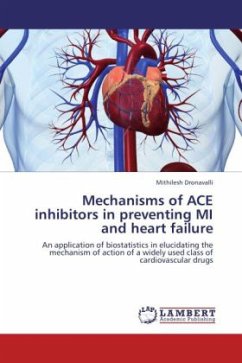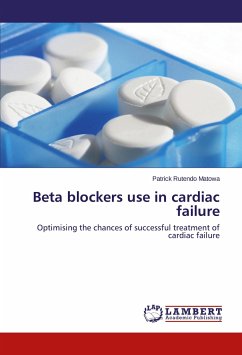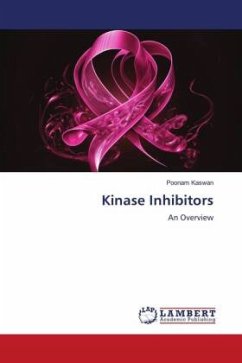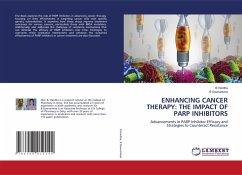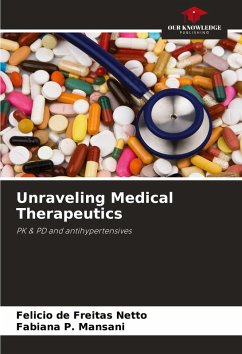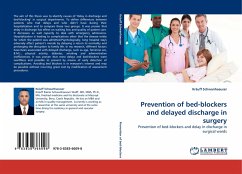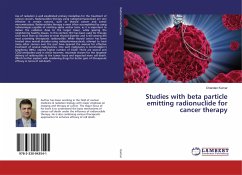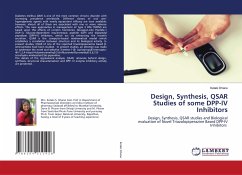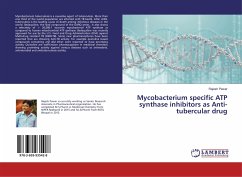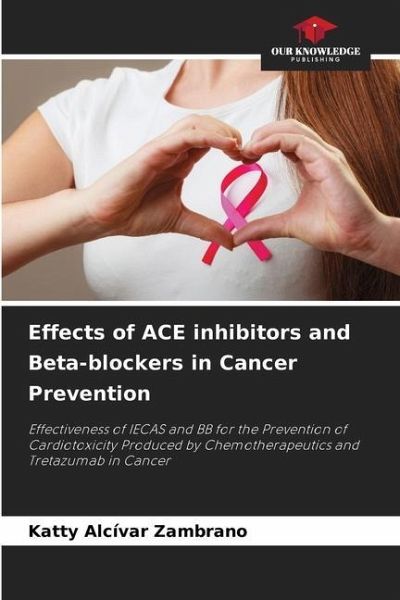
Effects of ACE inhibitors and Beta-blockers in Cancer Prevention
Effectiveness of IECAS and BB for the Prevention of Cardiotoxicity Produced by Chemotherapeutics and Tretazumab in Cancer
Versandkostenfrei!
Versandfertig in 6-10 Tagen
29,99 €
inkl. MwSt.

PAYBACK Punkte
15 °P sammeln!
Survival of cancer patients has improved as a result of the beneficial effect of chemotherapy and monoclonal antibodies directed against human epidermal growth factor receptor 2 such as trastuzumab. The treatments, however, are accompanied by known cardiotoxic effects, which in some may be mild and asymptomatic but in their most severe forms can lead to heart failure which seriously worsens the prognosis. Several cancer treatments have been associated with the potential risk of cardiotoxicity, including: anthracyclines, 5-fluorouracil, cyclophosphamide, tyrosine kinase inhibitors, vascular end...
Survival of cancer patients has improved as a result of the beneficial effect of chemotherapy and monoclonal antibodies directed against human epidermal growth factor receptor 2 such as trastuzumab. The treatments, however, are accompanied by known cardiotoxic effects, which in some may be mild and asymptomatic but in their most severe forms can lead to heart failure which seriously worsens the prognosis. Several cancer treatments have been associated with the potential risk of cardiotoxicity, including: anthracyclines, 5-fluorouracil, cyclophosphamide, tyrosine kinase inhibitors, vascular endothelial growth factor, immune checkpoint inhibitors, HER-2 antagonists, as well as radiotherapy. Most of the published data on cardiotoxicity, however, are focused on anthracyclines and trastuzumab. This paper will discuss the usefulness of beta-blockers alone and in combination therapy with converting enzyme inhibitors (ACE inhibitors) for the prevention of cardiotoxicity in cancer patients treated with anthracyclines and trastuzumab.



